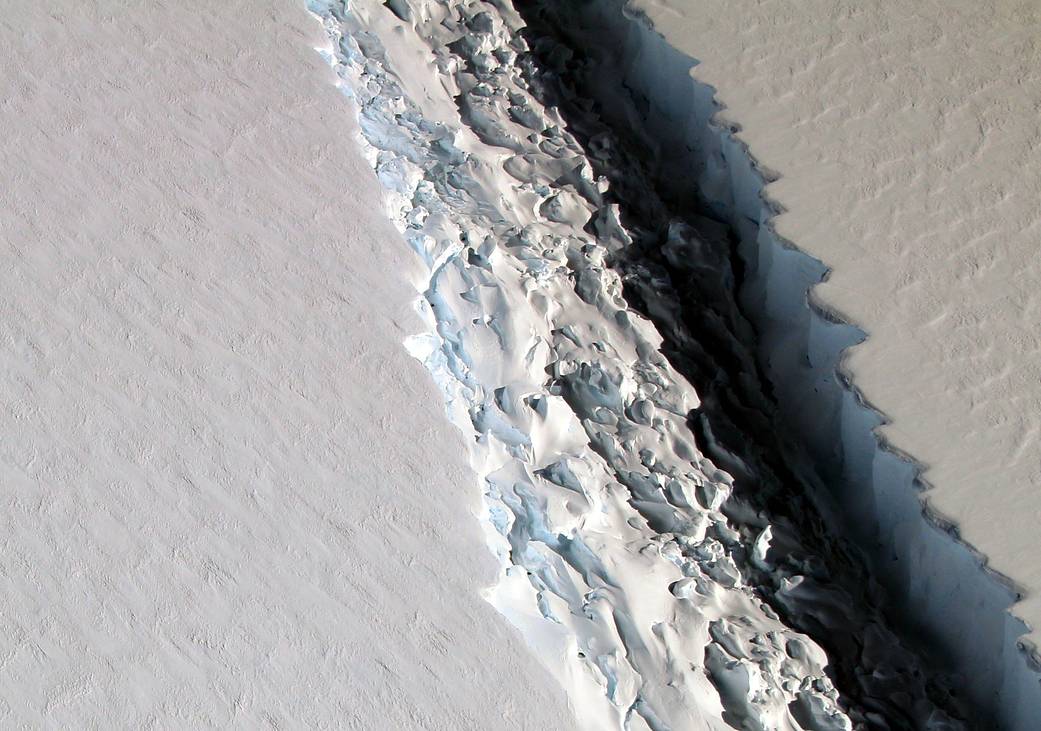Michael Thompson, of the Forum for Climate Engineering Assessment wrote me asking me about my thinking regarding the Larsen Ice Shelf and solar geoengineering. My responses, alongside others, were published on this web page: http://ceassessment.org/larsen-c-climate-engineering-and-polar-ice-melt .
My comments are repeated here:
Ken Caldeira: “Melting in Antarctica is strongly influenced by interactions involving the circulation of seawater, and its interaction with glacial ice, sea ice, surface winds and temperature, sunlight and so on. Many important interactions are occurring on small spatial scales that have not yet been successfully integrated into models simulating large-scale phenomena — and so the influence of various possible solar geoengineering deployments on Antarctic ice sheet dynamics remains largely unknown and unexplored.
The governing hypothesis is that if warming temperatures lead to ice melt, cooler temperatures are likely to help slow or even stop that melt.
It might turn out that it is effectively impossible to cool the water adjacent to ice shelves with solar geoengineering techniques. However, I would be surprised if that turns out to be the case. My expectation is that the primary factors limiting the amount cooling produced by solar geoengineering would be unintended consequences and sociopolitical acceptance.
We should be researching the potential effectiveness and unintended consequences of using solar geoengineering techniques to reduce the amount of damage caused by climate change. However, I would want to know a lot more about potential efficacy and unintended consequences, and understand how the solar geoengineering deployment fits into the broader spectrum of efforts undertaken to avoid climate damage, before I would want to consider using solar geoengineering approaches to protect Antarctica.”

 Photo: nasa.gov
Photo: nasa.gov